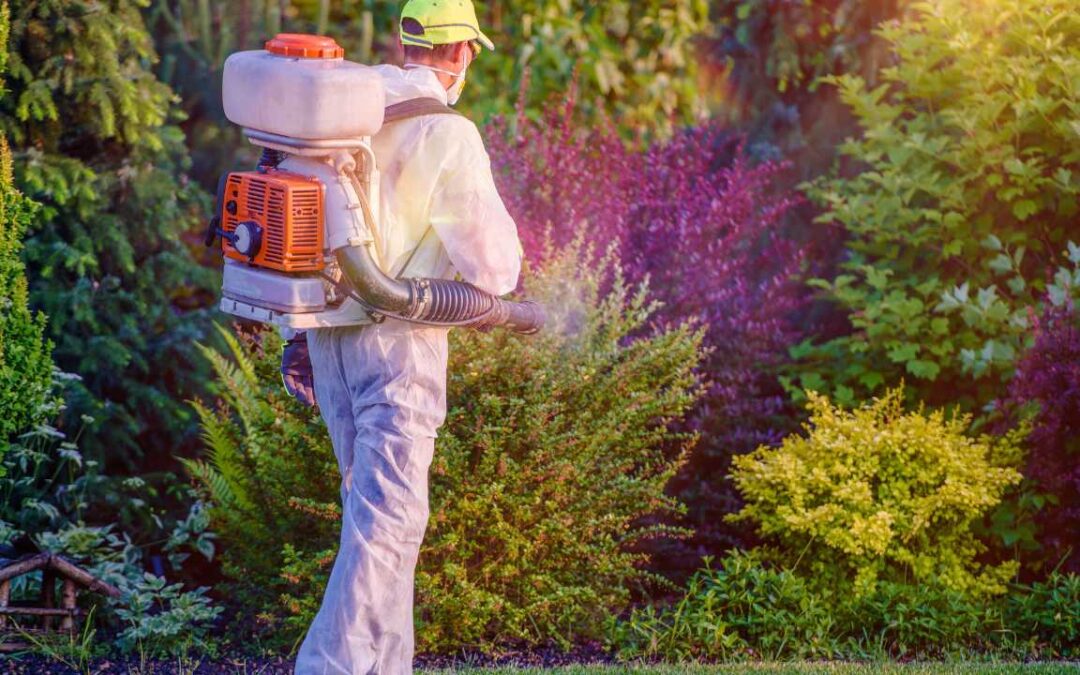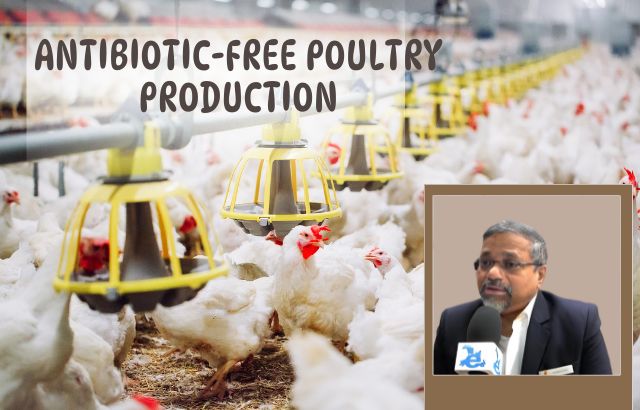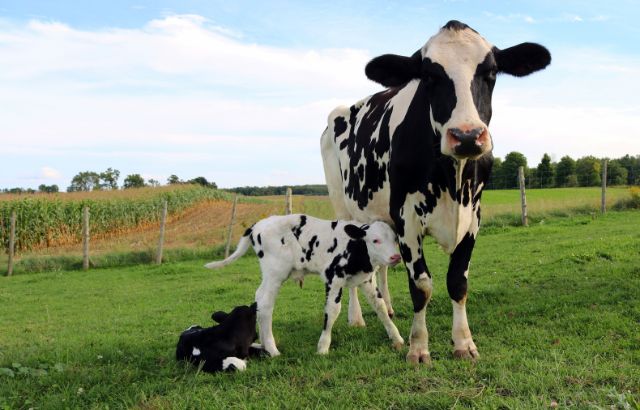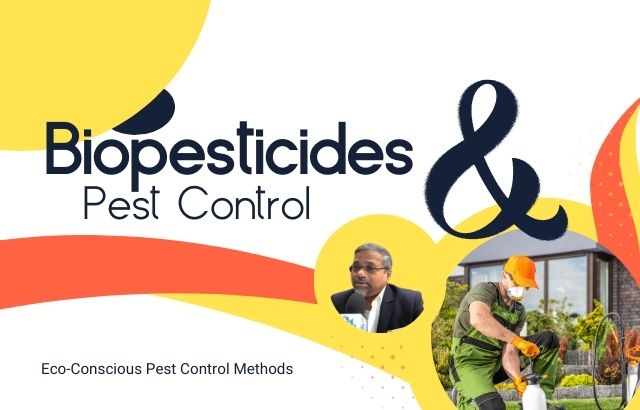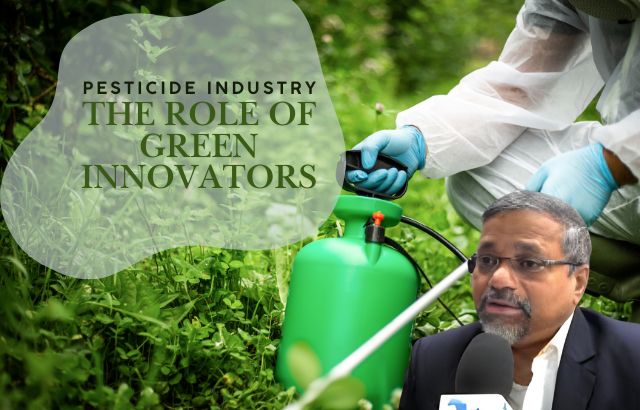As the world’s population continues to grow, ensuring a steady and reliable food supply becomes an increasingly critical challenge. In this pursuit, crop protection methods play a pivotal role in safeguarding harvests from the numerous threats that can jeopardize yields. Let’s explore the innovative and sustainable approaches that modern agriculture employs to protect crops and ensure food security.
1. Integrated Pest Management (IPM): A Holistic Approach:
Integrated Pest Management (IPM) is a comprehensive strategy that focuses on preventing and managing pests through a combination of biological, cultural, physical, and chemical control methods. By employing a holistic approach, farmers minimize the reliance on chemical pesticides, promoting a balanced and sustainable ecosystem.
2. Biological Control: Harnessing Nature’s Predators:
Biological control involves introducing or enhancing natural predators and parasites to manage pest populations. Beneficial insects, such as ladybugs and parasitic wasps, serve as allies in controlling pests. This method reduces the need for chemical interventions, contributing to environmentally friendly and sustainable crop protection.
3. Genetically Modified (GM) Crops: Tailoring Resistance:
Advancements in biotechnology have led to the development of genetically modified crops that possess built-in resistance to specific pests. By introducing genes from other organisms, such as bacteria or other plants, scientists create crops that are naturally protected against common pests, reducing the need for external pesticides.
4. Precision Agriculture: Targeted and Efficient:
Precision agriculture, with its array of technologies like GPS-guided machinery and drones, enables farmers to apply inputs such as fertilizers and pesticides with pinpoint accuracy. This targeted approach minimizes waste, ensures efficient resource utilization, and reduces the environmental impact of crop protection methods.
5. Organic Farming Practices: Chemical-Free Cultivation:
Organic farming emphasizes natural processes and avoids synthetic chemicals. Practices such as crop rotation, companion planting, and the use of organic pesticides contribute to sustainable crop protection. Organic farming not only produces healthier food but also promotes soil health and biodiversity.
6. Resistant Crop Varieties: Natural Defense Mechanisms:
Developing crop varieties with inherent resistance to specific pests or diseases is a traditional yet effective method of crop protection. This approach involves selecting and breeding plants with natural defense mechanisms, resulting in crops that can withstand certain challenges without the need for external interventions.
7. Digital Agriculture: Harnessing Data for Decision-Making:
The integration of digital technologies, including sensors and data analytics, is transforming crop protection. Real-time monitoring of environmental conditions and crop health allows farmers to make informed decisions, respond promptly to threats, and optimize the use of protective measures.
8. Educational Initiatives: Empowering Farmers:
Education plays a vital role in effective crop protection. Training farmers in sustainable practices, pest identification, and the judicious use of protective measures enhances their ability to manage challenges effectively. Empowering farmers with knowledge contributes to the long-term success of crop protection efforts.
In Conclusion:
The landscape of crop protection has evolved significantly, driven by a commitment to sustainability, efficiency, and environmental responsibility. As we navigate the complexities of feeding a growing population, modern agriculture continues to embrace innovative methods that not only protect crops but also promote the health of our ecosystems. By combining technology, biology, and responsible management practices, farmers worldwide are paving the way for a resilient and sustainable future in crop protection.

